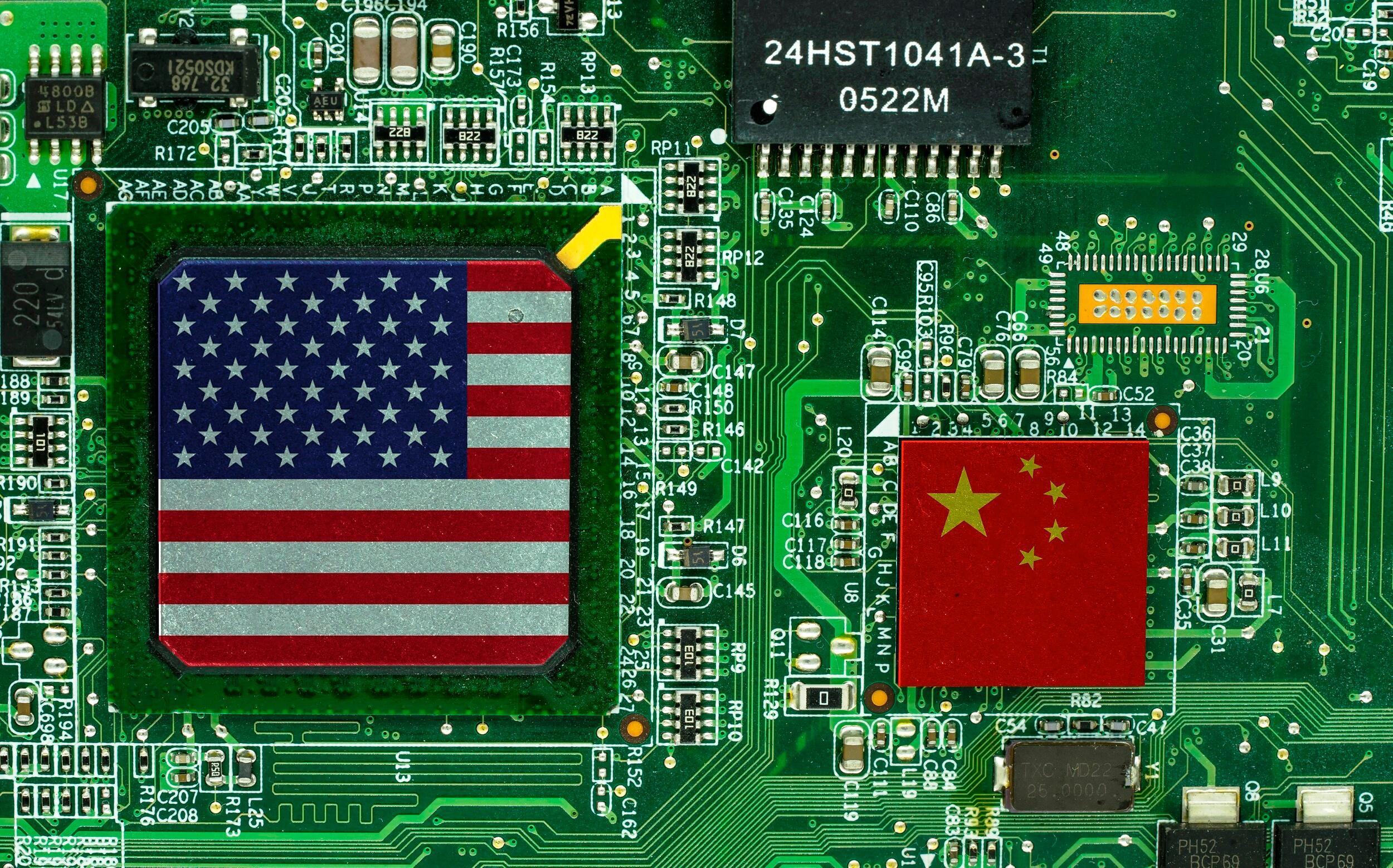Fujian Jinhua IC Hit With U.S. Export Ban
Article By : Dylan McGrath, EE Times

Exports banned on U.S: national security grounds
NAPA, Calif. — The U.S. Commerce Dept. issued an order on Monday banning U.S. companies from selling equipment, software, and materials to Chinese chipmaker Fujian Jinhua Integrated Circuit Co., saying that the company poses a risk to U.S. national security.
The Commerce Dept. said that Fujian Jinhua IC is nearing completion of its DRAM fab in the southern Chinese city of Fujian and that its technology likely originated in the U.S. The Commerce Dept. offered no evidence to support the claim, but the U.S. and semiconductor firms have long accused China of practices including intellectual property theft and forced technology transfers.
Fujian Jinhua “poses a significant risk of becoming involved in activities that are contrary to the national security interests of the United States,” said the Commerce Dept. in a statement. “The additional production, in light of the likely U.S.-origin technology, threatens the long-term economic viability of U.S. suppliers of these essential components of U.S. military systems.”
“When a foreign company engages in activity contrary to our national security interests, we will take strong action to protect our national security,” said U.S. Commerce Secretary Wilbur Ross in the statement.
The Commerce Dept. added Fujian Jinhua to a list of firms and entities subject to U.S. Export Administration Regulations (EAR), which impose additional license requirements on and limits the availability of most license exceptions for exports, re-exports, and in-country transfers to the firm. The move means that U.S. firms need a license for all exports, re-exports, and transfers of commodities and software to Jinhua. Such license applications will be reviewed with a presumption of denial, said the Commerce Dept.
“Placing Jinhua on the entity list will limit its ability to threaten the supply chain for essential components in our military systems,” said Ross.
The move is almost certain to further inflame tensions between the U.S. and China, which are already strained amidst an escalating trade war and claims by the U.S. that China’s industrial practices put U.S. firms at a disadvantage and threaten U.S. national security.
Subscribe to Newsletter
Test Qr code text s ss


